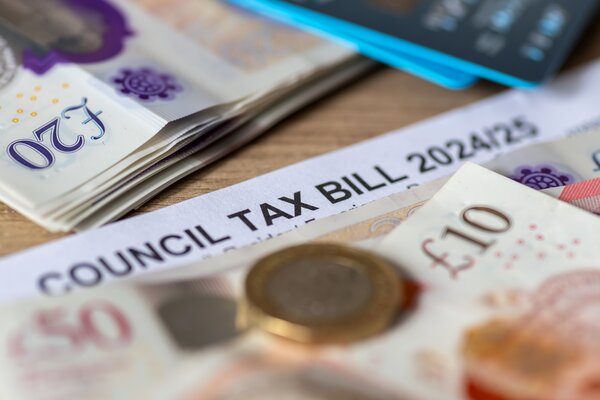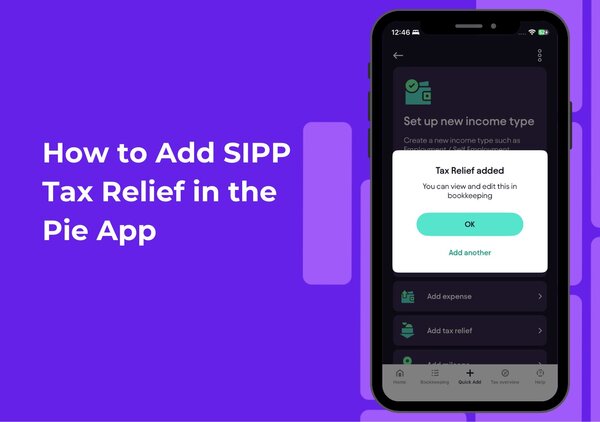HMRC glitch delays mortgages for self-employed buyers
A technical fault at HMRC is preventing some self-employed workers from securing mortgages, leaving property purchases at risk of collapse. The glitch, which causes mismatches in tax records, comes just months after Class 2 National Insurance Contributions (NICs) were scrapped in April 2024.
One person affected is 35-year-old Christian Gordine, who is trying to buy a studio in Cambridge Heath, East London. His mortgage application was delayed when figures prepared by his accountant did not match HMRC’s official paperwork.
“It took around eight hours of calls with HMRC, and their systems are outdated. They couldn’t clearly explain why my SA302 and tax overview didn’t line up,” Mr Gordine said.
Because his lender required the documents to match exactly, the process ground to a halt. HMRC only reissued the corrected documents by post a delay of two weeks that put the purchase in jeopardy.
What’s causing the problem?
When then-Chancellor Jeremy Hunt announced the end of Class 2 NICs from April 2024, the change was meant to simplify life for self-employed workers. But HMRC’s legacy systems have struggled to process the update.
As a result, some self-assessment tax returns now generate inconsistent figures across two key documents: the SA302 statement and the tax overview. Both are needed for mortgage lenders to verify income, so any mismatch effectively stalls an application.
Delays with serious consequences
For buyers like Mr Gordine, the glitch is more than just a bureaucratic headache. Property sales often depend on fast turnaround times, and any delay risks the seller walking away.
“The seller had agreed to a quick completion, so this delay set us back by weeks,” he said. “I was really worried the sale might fall through altogether.”
Although his purchase is still in progress, the uncertainty has been a constant source of stress.
HMRC’s response
HMRC has apologised for the disruption to HMRC letter deliveries, stating:
“We apologise to anyone affected by this issue. Any self-employed customer who thinks this is affecting a mortgage application should contact our National Insurance team so we can quickly resolve this. A handful of customers have contacted us and we’ve sent them updated tax calculations. We cannot provide these by email for security reasons.”
The reliance on postal correspondence, however, continues to slow down resolution and frustrate applicants.

How many people are affected?
The scale of the problem is unclear. HMRC insists only “a handful” of customers have reported issues. But mortgage brokers and accountants suggest the number may be higher, as not all affected buyers will have flagged their cases formally.
For those caught in the glitch, the stakes are high especially when moving house depends on strict deadlines.
A wider warning
The issue highlights broader concerns about HMRC’s ageing systems. As more reforms like Making Tax Digital roll out, any future glitches could have widespread financial consequences for the self-employed community.
It also underscores the importance of brokers and accountants, who often spot and resolve errors before buyers lose their chance at securing a property.
Making Tax Digital: What it means for self-employed workers in 2026”
- HMRC has confirmed that from April 2026, Making Tax Digital (MTD) for Income Tax Self-Assessment (ITSA) will apply to most self-employed people and landlords earning over £50,000.
- From April 2027, it will extend to those earning over £30,000.
- It’s one of the biggest changes in the UK tax system in decades, and many self-employed people are still unaware or unprepared.
- It fits Pie’s brand perfectly: helping people understand tax changes in a clear, approachable way.

Final Summary
HMRC glitch stalls mortgages for self-employed buyers.
The abolition of Class 2 NICs was designed to simplify the system, but an HMRC software fault is doing the opposite. With tax records failing to match, mortgage approvals for some self-employed buyers have been delayed or even put at risk. While HMRC has apologised and urged customers to contact its National Insurance team, reliance on postal fixes means progress remains slow. Until systems are modernised, self-employed workers may find their path to home ownership frustratingly uncertain.











